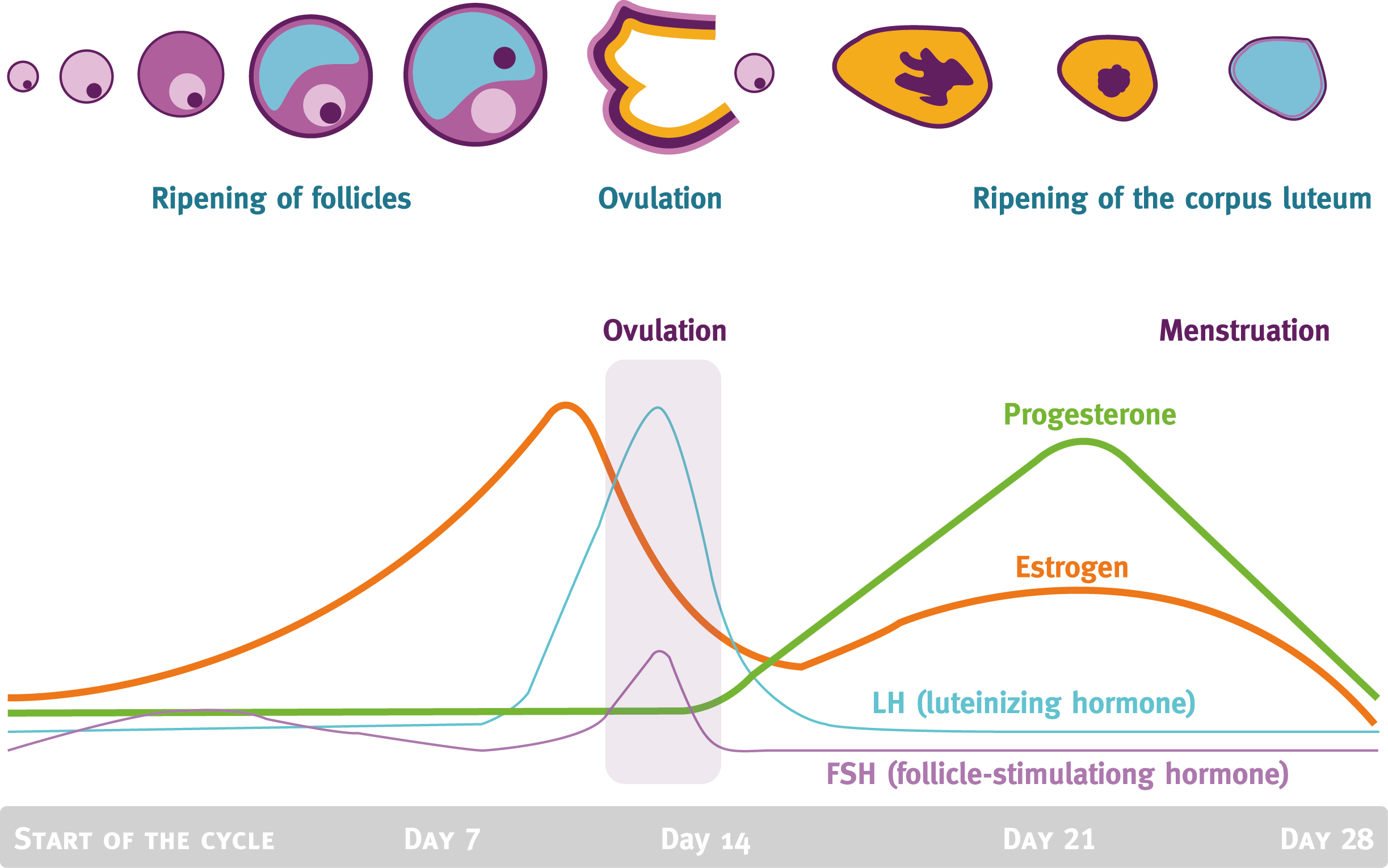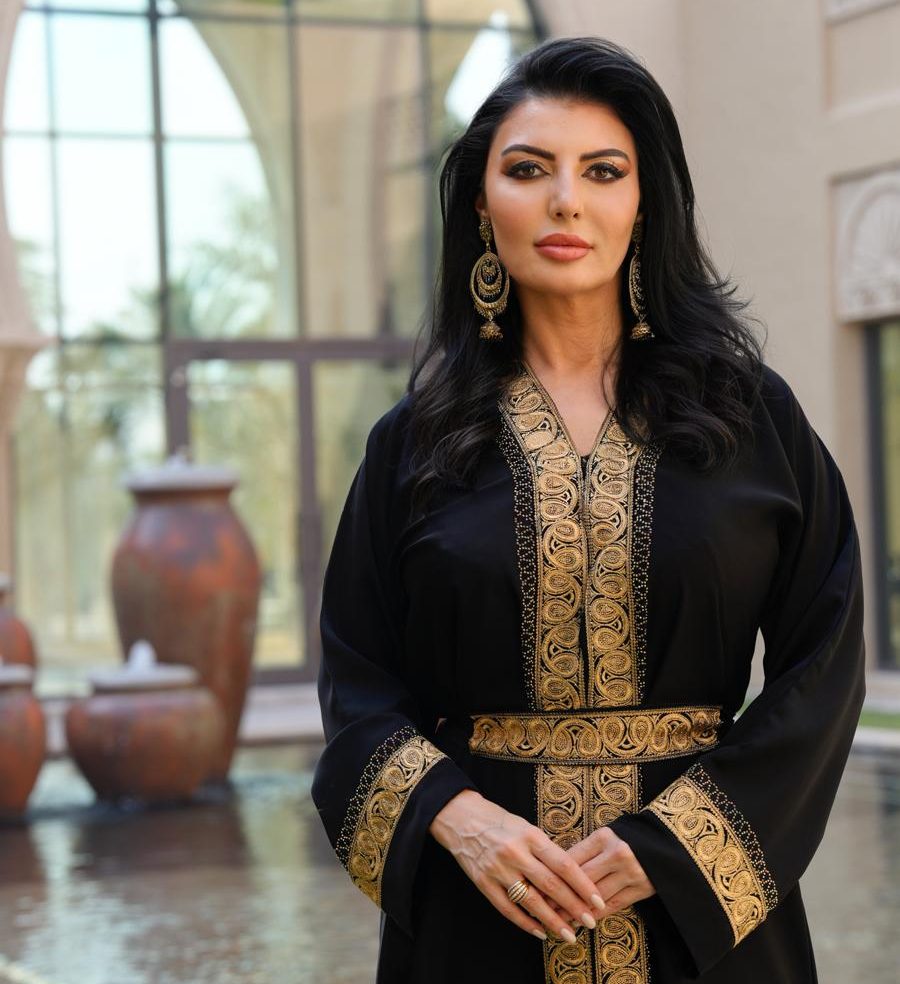Menstruation, a natural and vital aspect of women’s reproductive health, has long been surrounded by cultural taboos and societal silence. In recent times, there has been a growing movement to break this stigma, foster open conversations, and empower women to embrace their menstrual journey. This article explores the significance of women and their periods, acknowledging the need for a shift in societal attitudes and the importance of menstrual hygiene and well-being.
- Normalizing Conversations:
Breaking the silence around menstruation begins with normalizing conversations. Historically considered a hush-hush topic, open discussions about periods help challenge stereotypes and dispel myths. By fostering an environment where women feel comfortable discussing their menstrual experiences, we contribute to a more inclusive and understanding society.
- Understanding Menstrual Health:
Menstrual health goes beyond the monthly cycle. It encompasses physical and emotional well-being. Educating women about their bodies, cycles, and the range of menstrual products available is crucial. A deeper understanding of menstrual health empowers women to make informed choices and promotes a positive relationship with their bodies.
- Menstrual Hygiene:
Ensuring proper menstrual hygiene is essential for women’s health and well-being. Access to affordable and eco-friendly menstrual products, clean sanitation facilities, and education on proper hygiene practices are fundamental. Addressing these aspects not only promotes physical health but also enhances women’s confidence and comfort during their periods.
- Challenging Societal Taboos:
Societal taboos surrounding menstruation contribute to the sense of shame and embarrassment that many women feel. By challenging these taboos through education and awareness campaigns, we can dismantle the stigma associated with periods. A more open dialogue helps dispel myths and fosters a supportive environment for women to manage their periods with dignity.
- Period Poverty and Accessibility:
Period poverty, the lack of access to menstrual products due to financial constraints, is a pervasive issue globally. Addressing this challenge involves advocating for affordability and accessibility of menstrual products, especially for marginalized communities. Efforts to eliminate period poverty contribute to ensuring that all women can manage their periods with dignity and without barriers.
- Empowering Through Education:
Education is a powerful tool for empowering women and dismantling menstrual taboos. Comprehensive menstrual education in schools and communities helps young girls and women navigate their menstrual journey with confidence. It also plays a crucial role in fostering empathy and understanding among men and boys, creating a more supportive and compassionate society.
Conclusion:
Embracing the menstrual journey involves not only acknowledging the physical aspects but also challenging societal norms and fostering a culture of open communication. By normalizing conversations, promoting menstrual hygiene, challenging taboos, addressing period poverty, and empowering through education, we contribute to a world where women can embrace their periods with pride, confidence, and without stigma. Breaking the silence around menstruation is not just about women and their periods; it’s about fostering a society that values and respects the experiences of half its population.












